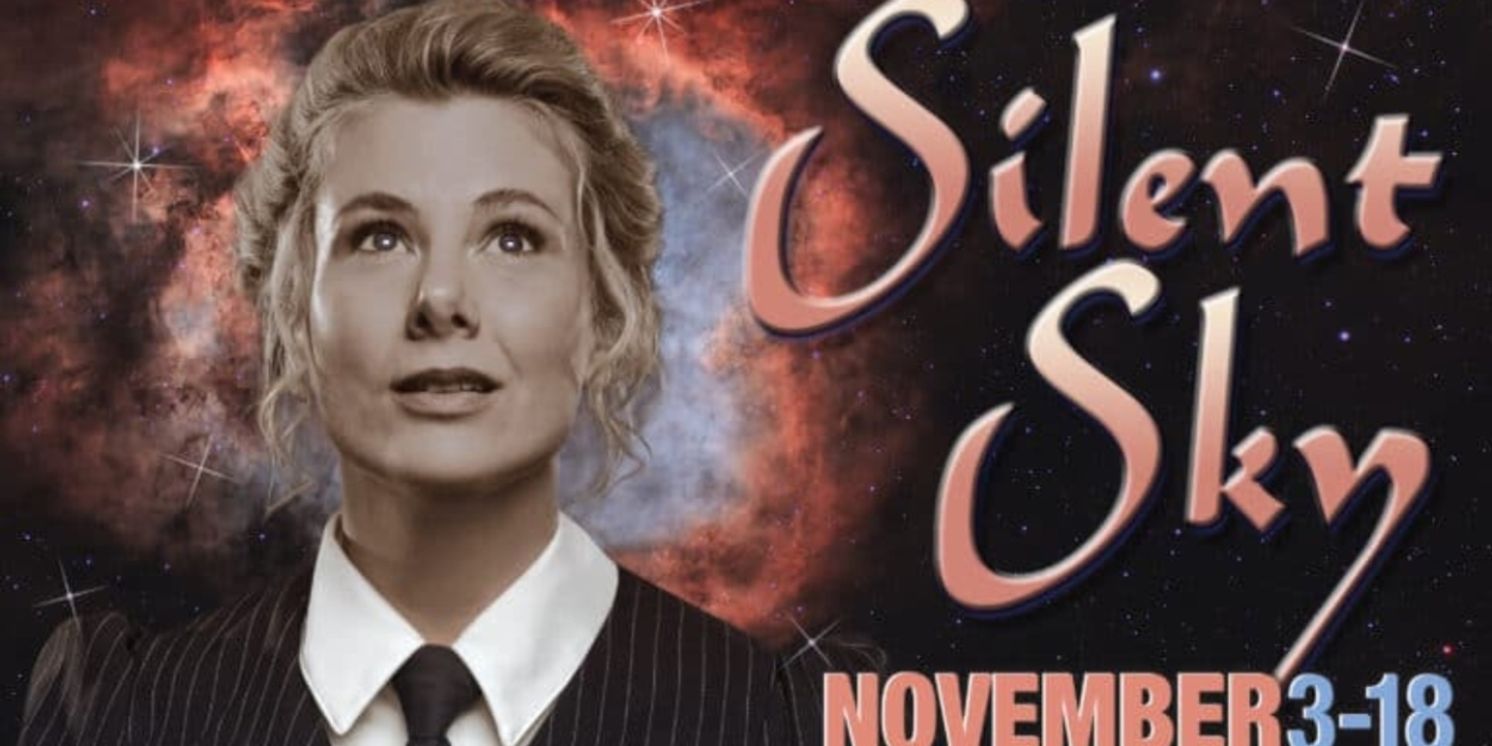
“When you change the way you look at things, the things you look at change.”—Dr. Wayne Dyer
Can anything make a person feel more insignificant than to look up to the heavens to try and count the stars? How many are up there? What makes them shine? Just how far away are they anyway? So many questions. Perhaps the only feeling more insignificant than being a man asking these “big” questions, is being a woman told she’s not allowed to even ask them. Henrietta Leavitt was a real woman living in America at the turn of the 20th century who sought to, not only ask, but answer the questions of what is truly “out there,” not only in this universe, but beyond. She is credited with discovering Cepheid variables (a type of star that pulsates radially). Her life as an astronomer at a time when women weren’t encouraged to venture far from home, let alone to the cosmos, is on display currently in SILENT SKY at Theatre Memphis. Under the direction of Ceclia Wingate, Levitt’s world of wonder spins (figuratively and literally) in a lyrical fashion that supersedes the understanding of most mortals while still pulsating amongst the stardust. In a word, it shimmers.
Detailing Leavitt’s acceptance to work at the Harvard College Observatory documenting the location and brightness of stars, SILENT SKY covers the astronomer’s life from about 1900 until her death in 1921 and her struggles with how her true desires (science) collide with what is expected of a woman (family and home). The play doesn’t really chronicle overt conflict, but rather the more subtle cries of desperation for what is wanted over what was thought to be possible. It showcases the path taken by most pioneers and great thinkers in history--one of daring to see what has never been seen and believing what was thought to be impossible. It’s a story that inspires all people (not just women) to embrace one’s passion no matter how lonely the path.
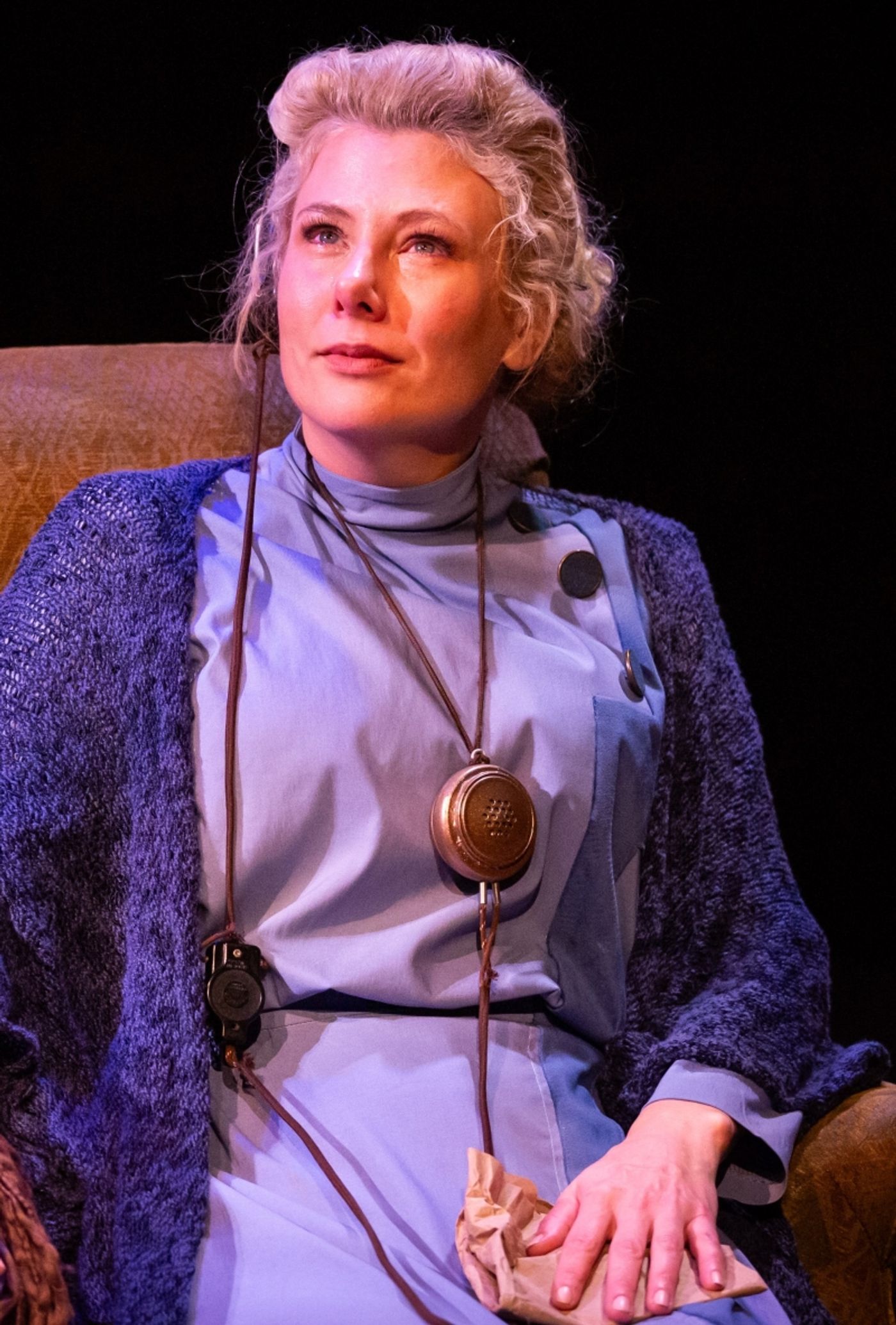
As hopeless stargazer Henrietta Leavitt, Natalie Jones plays it just right. She’s a learned woman who easily gets lost in the endless possibilities of the universe and her optimism for what remains to be seen. This Henrietta knows she’s supposed to fall in love and remain tethered to family, but her enthusiasm for galaxies yet to be discovered overtake all expectations and compels her to forge ahead. Her zest for scientific adventures is contagious and the admiration for the gusto is undeniable. Jones is sophistication, passion and wonderment personified.
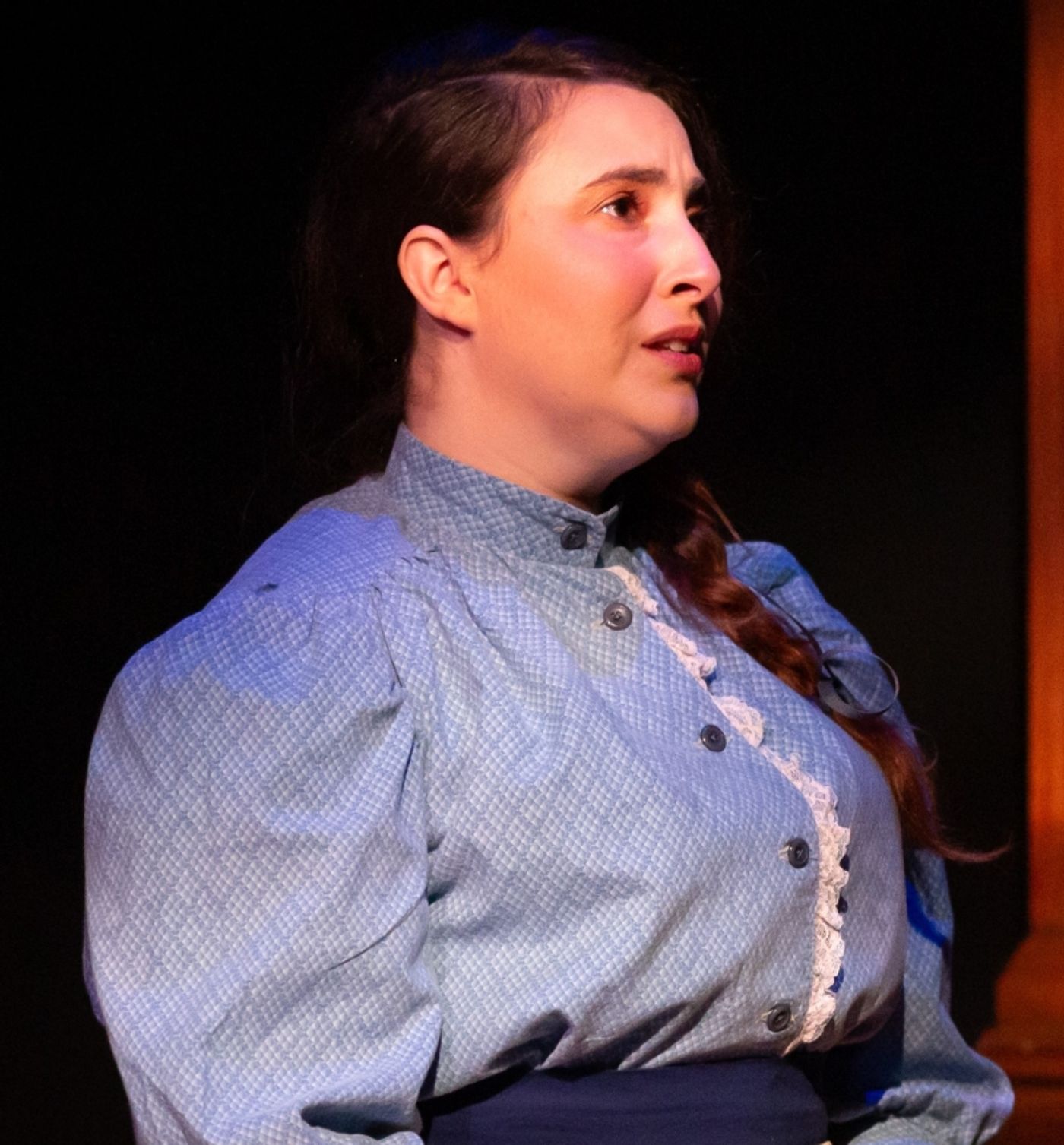
Jules Caldwell plays Henrietta’s sister Margaret. She’s the embodiment of the “Standard American Female of the early 1900’s”—get married, stay at home, and raise a family. She doesn’t quite understand her sister’s desire to leave town, move to a prestigious university and forsake a “traditional” life for astronomy. Her character is a constant reminder of the contrast between what is unheard of versus what is expected. Caldwell’s depiction is one of sincere concern and love for her sister, but she plays it a bit too big and loud for the intimate Next Stage at Theatre Memphis. This piece, after all, is mostly an ensemble piece and pulling back would help her match the others in volume and “tone.”
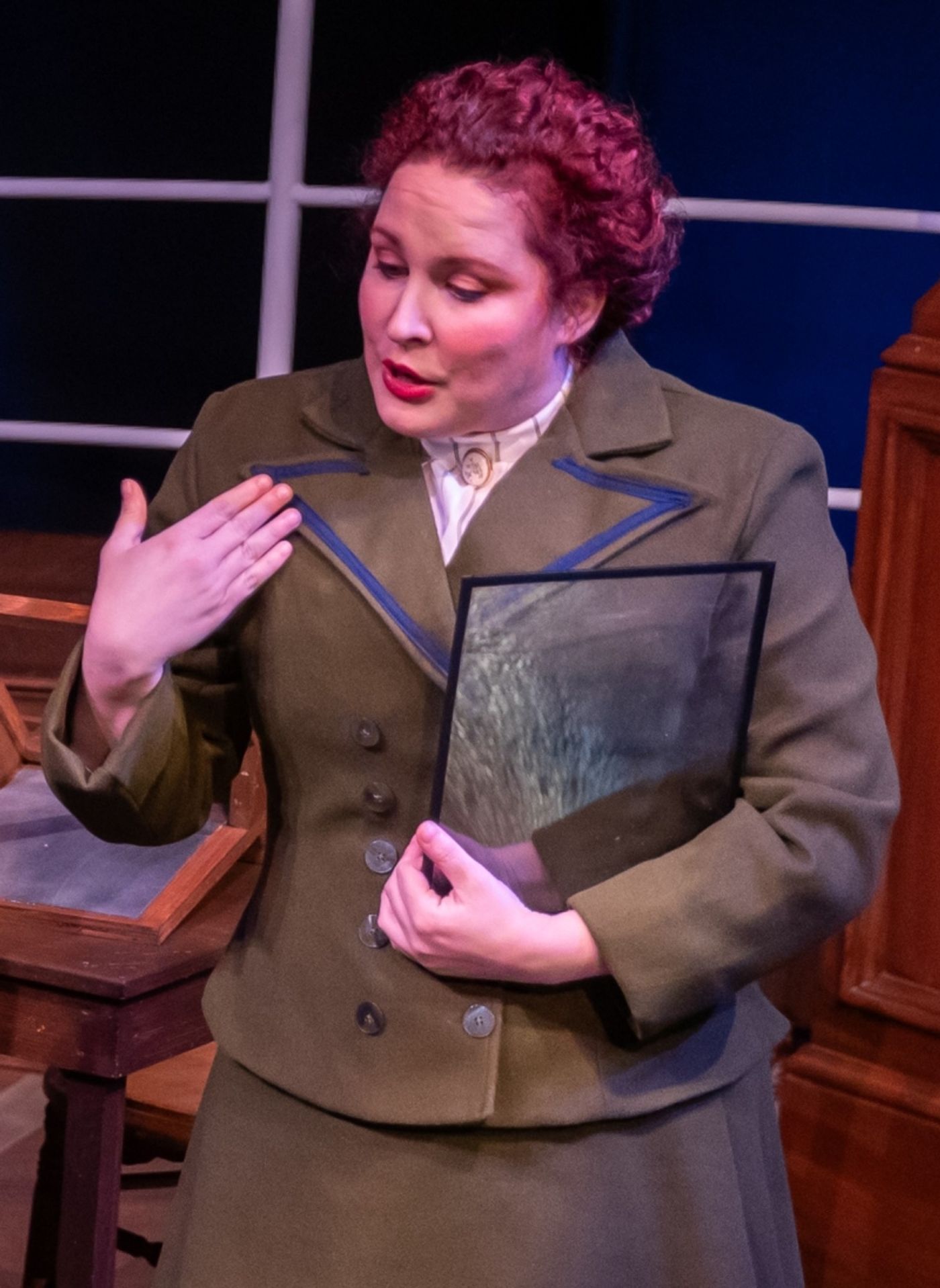
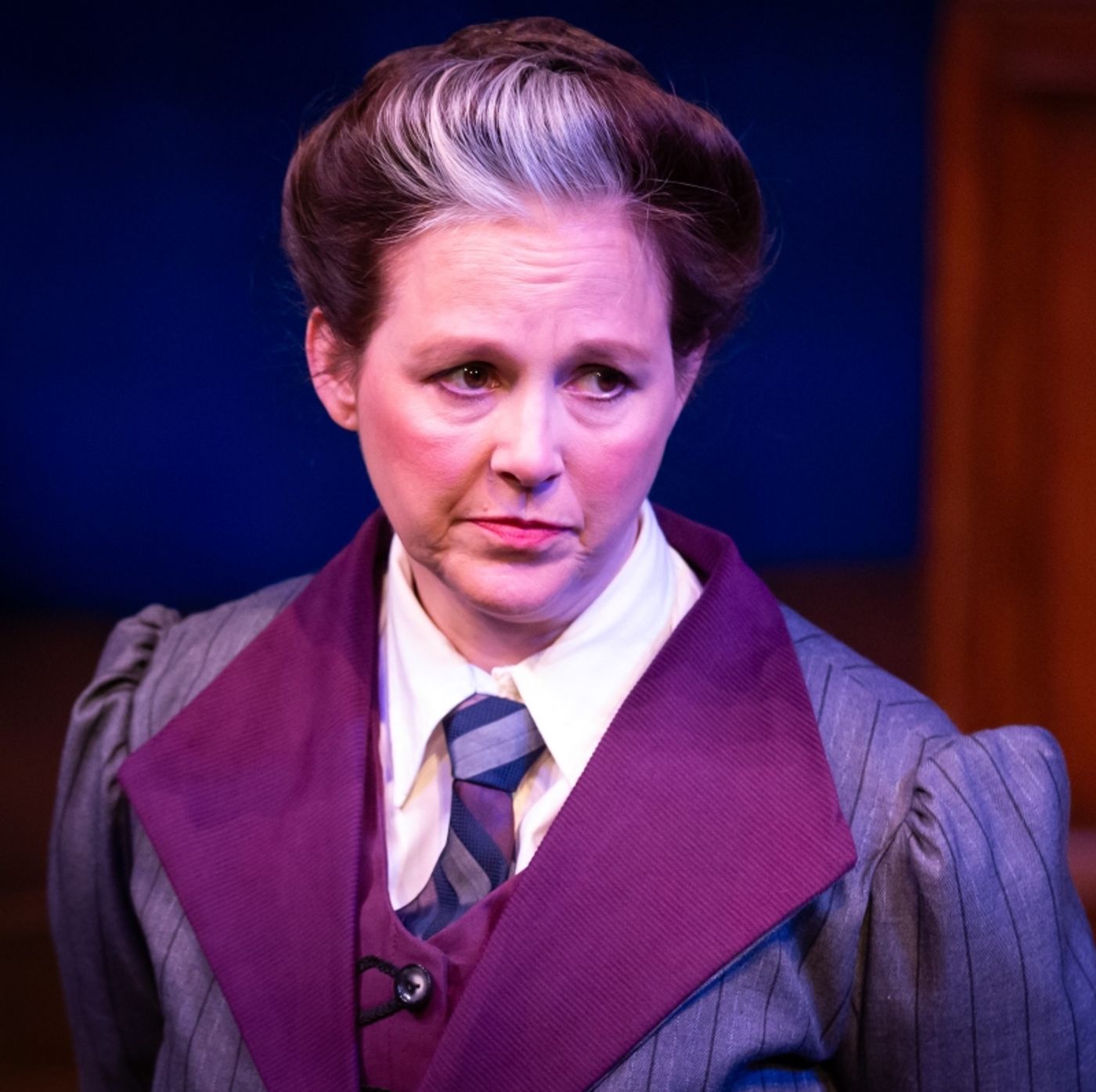
Emily F. Chateau (Williamina Fleming) and Kim Justis (Annie Cannon) portray the other women working alongside Henrietta at the Harvard Observatory who are derisively referred to by their male boss as part of his “harem.” They are women who are smart enough to know their scientific abilities, but also wise enough to know that getting their male counterparts to see them is a fool’s errand. Instead, they choose to embrace their support roles as “computers” who analyze the glass slides of stars and share their findings. Unlike Henrietta, they know which battles to choose and are content in finding meaning in their own self-prescribed missions. Chateau conveys Williamina Fleming as a hearty Scottish woman always looking for humor in any given situation. She relies on poking fun at her co-worker Annie Cannon (played by Kim Justis) the most. Justis’ Cannon is a no-nonsense employee who quietly “stays in her lane” at the office while still fighting for equal rights in the streets. The two actresses convey a sisterly bond who have accepted their lots in life regardless of the injustice of it all and find “little wins” whenever possible (fighting for and later securing women’s right to vote in America, for example). Both actresses are (as usual) strong character performers who present these women as compelling and life-affirming.
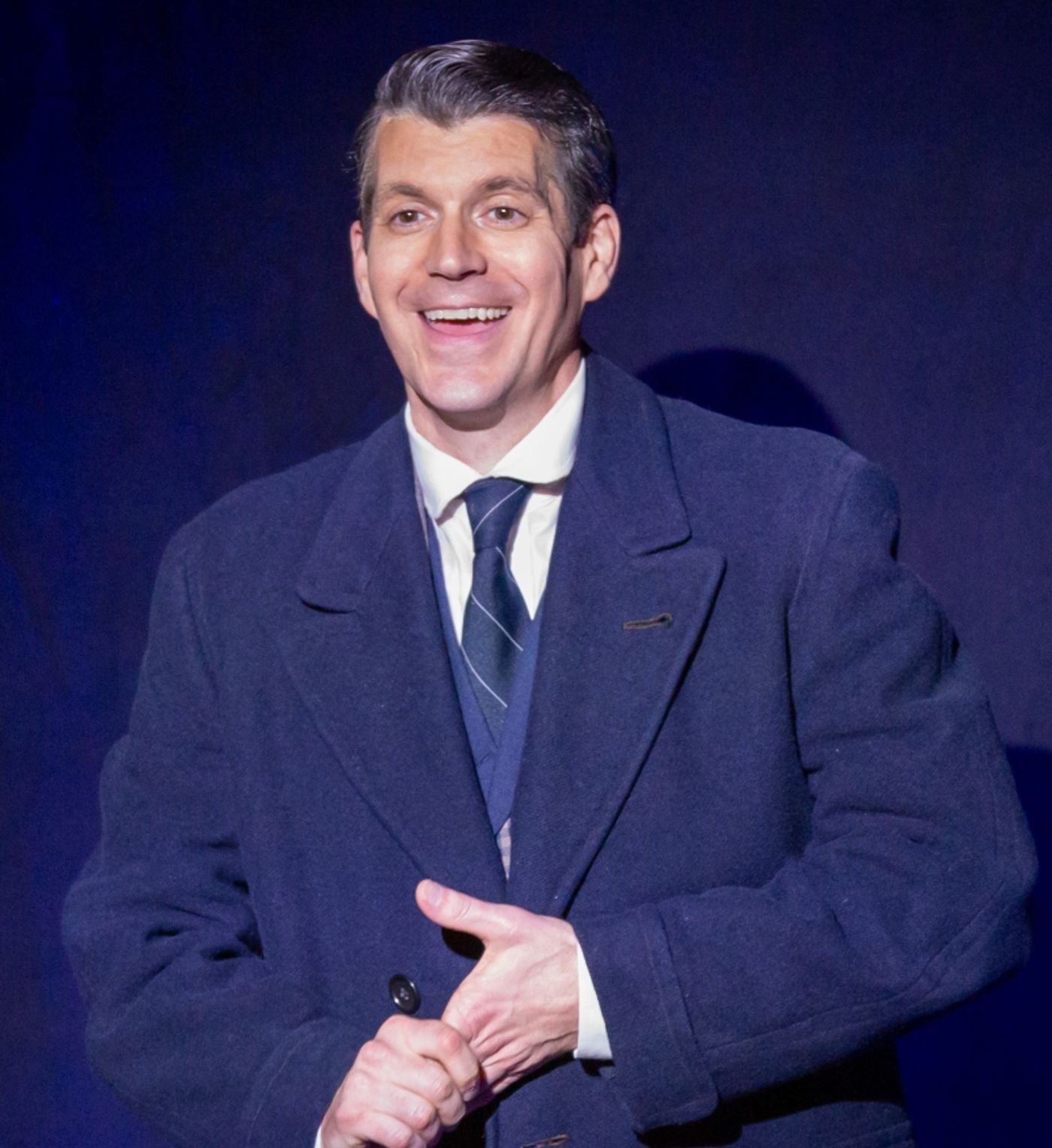
Eric Schultz is the ladies’ male co-worker (Peter Shaw) who struggles with remaining objective when it comes to a woman’s place in the observatory and Henrietta’s place in his heart. Deep down, he knows he’s inferior to the intellect and abilities of his female counterparts, but enjoys the perks that automatically come with the chromosomes. For a time, he pulls Henrietta’s focus as he taps into her emotions, only to finally choose the safe and reliable path by choosing to marry another while Henrietta is away. His impatient ways are ultimately a gift to Henrietta’s devotion to the stars. He’s a scientist who struggles with his emotions and Schultz is perfectly believable as a man floundering in the middle.
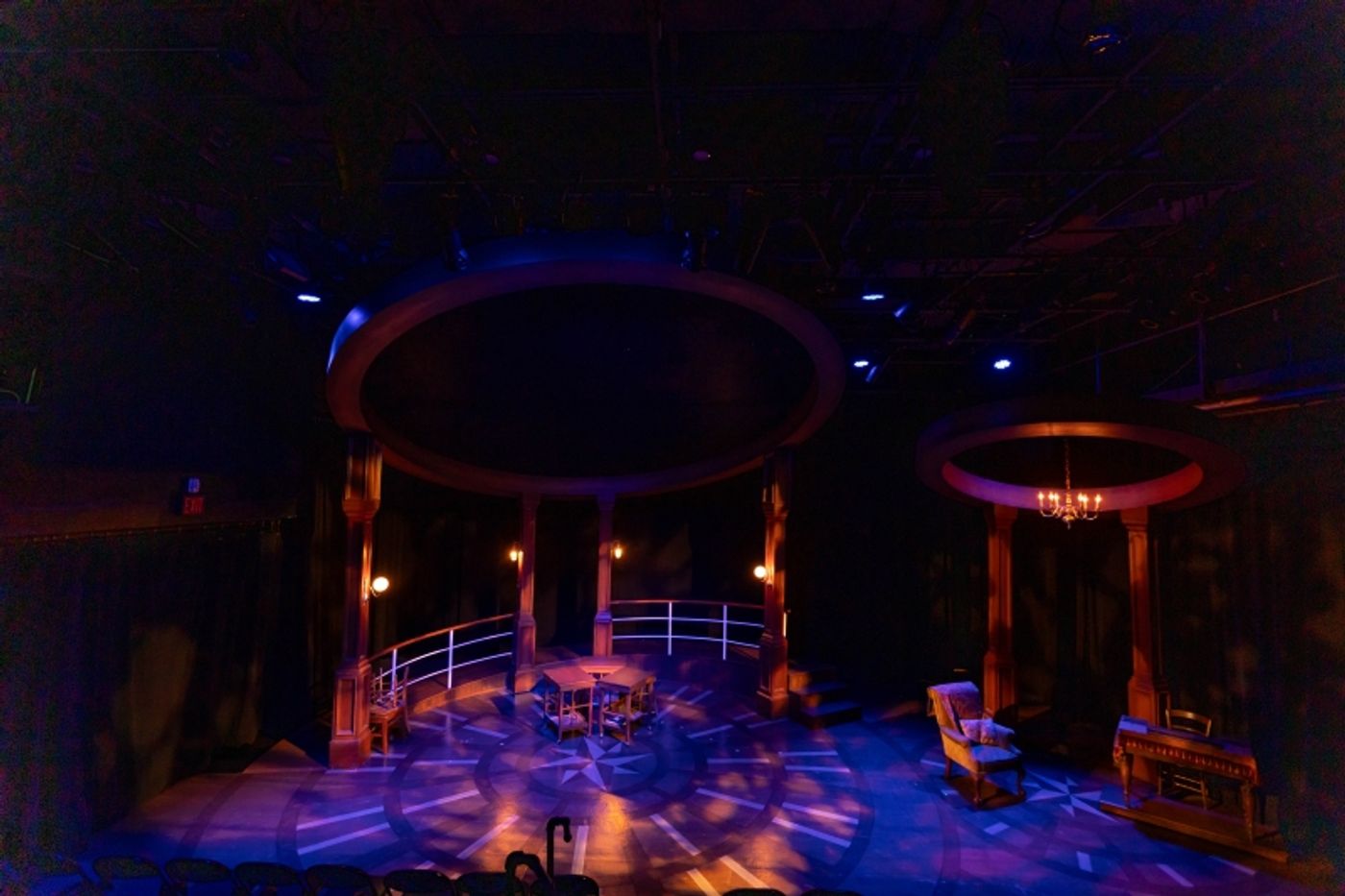
It's finally time for someone to explain to set designer Jack Netzel-Yates why theatres have separate “black box” spaces. They’re supposed to be much smaller stages which allow for less “commercial” offerings and therefore require less in the way of money and scenic design (think 2 chairs and table). However, Netzel-Yates never got the memo and continues to create glorious, awe-inspiring sets in a room that is a tenth the size of the main stage. Here, he has created a majestic set design full of circular patterns from the floor to the ceiling which underscore the rotation themes of planets, solar systems, and our lives. He’s even managed to build a circular canopy of stars overhead that radiates with warmth and beauty. It’s divine.
SILENT SKY asks you to reflect on your dreams for yourself and offers an example in Henrietta Leavitt of how to pursue them with grace and amazement. Again, it’s not overly “dramatic” in its portrayal of yearning and discovery. Instead, it’s a quieter reflection on the pursuit of worlds yet to be seen surrounded by the contempt of those who never thought to look. This cast comes together to remind the visionaries amongst us that believing leads to seeing and seeing leads to knowing--a knowing that you actually believed all along.
Reader Reviews

Videos

